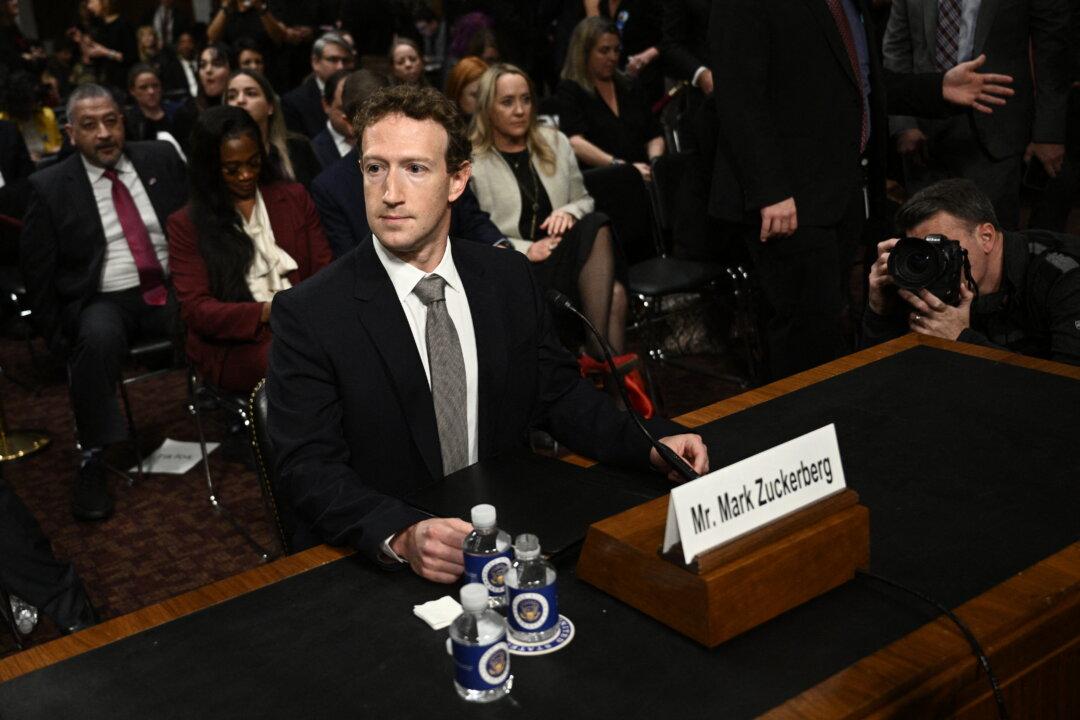Commentary
On Jan. 17, 1961, outgoing President Dwight D. Eisenhower delivered a shocking address warning of the coming of a military-industrial complex. He certainly knew it well, having lived through the postwar period in which American life was consumed with fear of nuclear war. The Korean conflict of 1950 through 1953 foreshadowed the Vietnam War, which lasted from 1964 to 1975, and both bolstered precisely that about which he warned.





